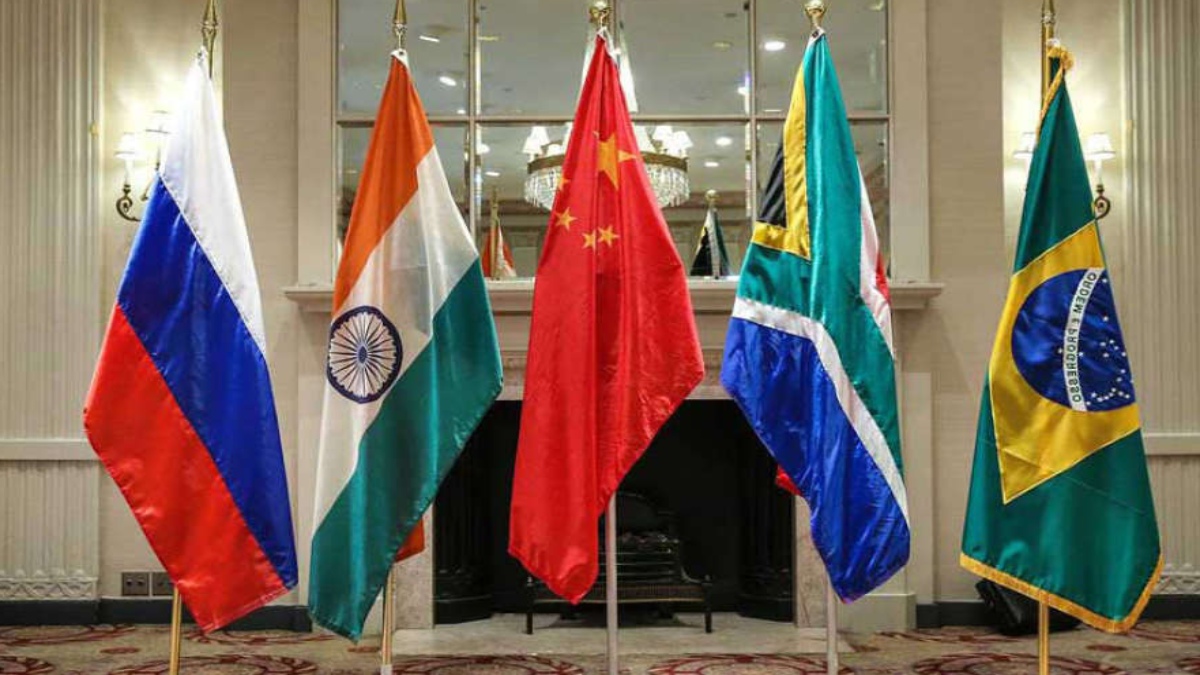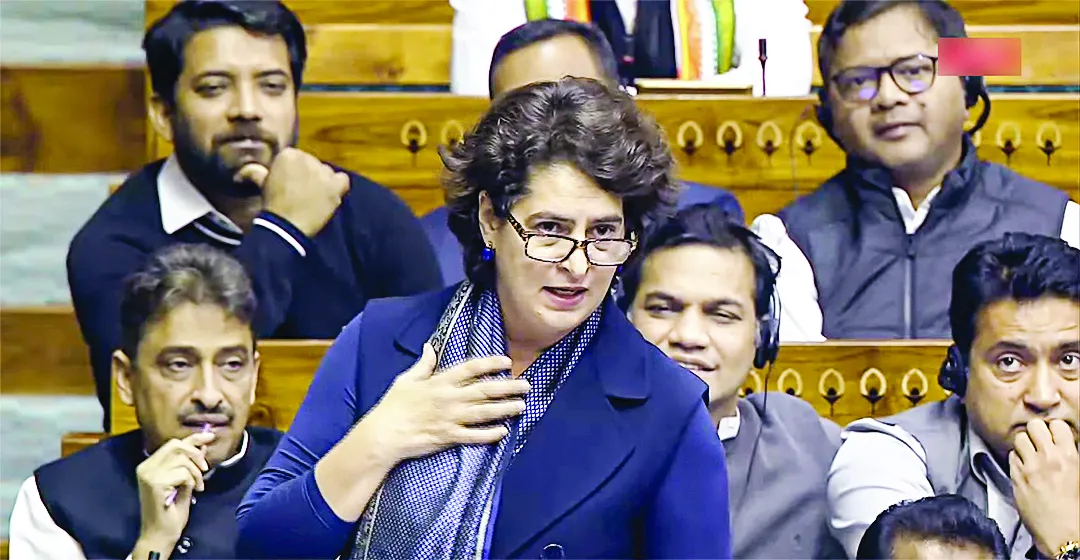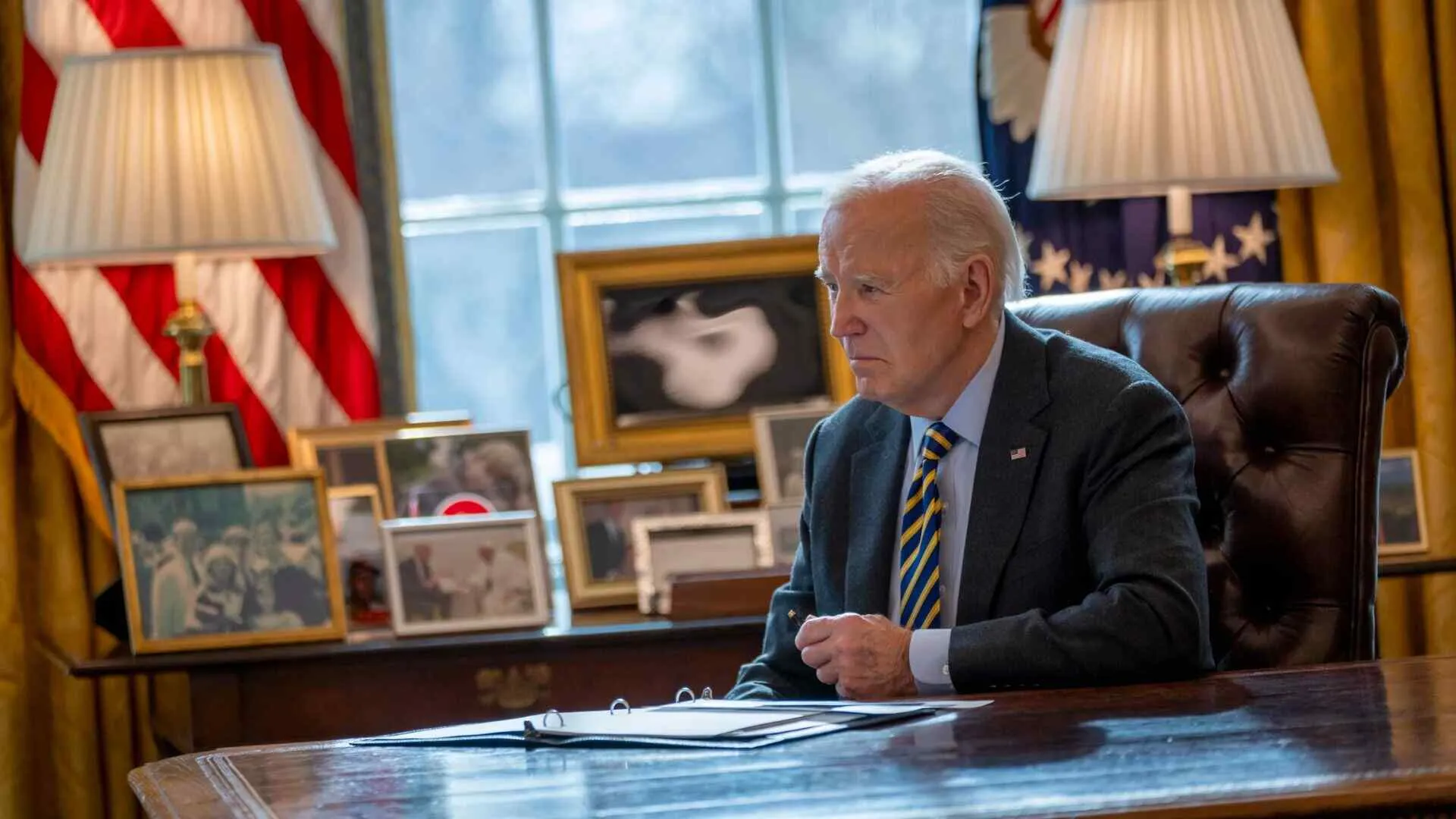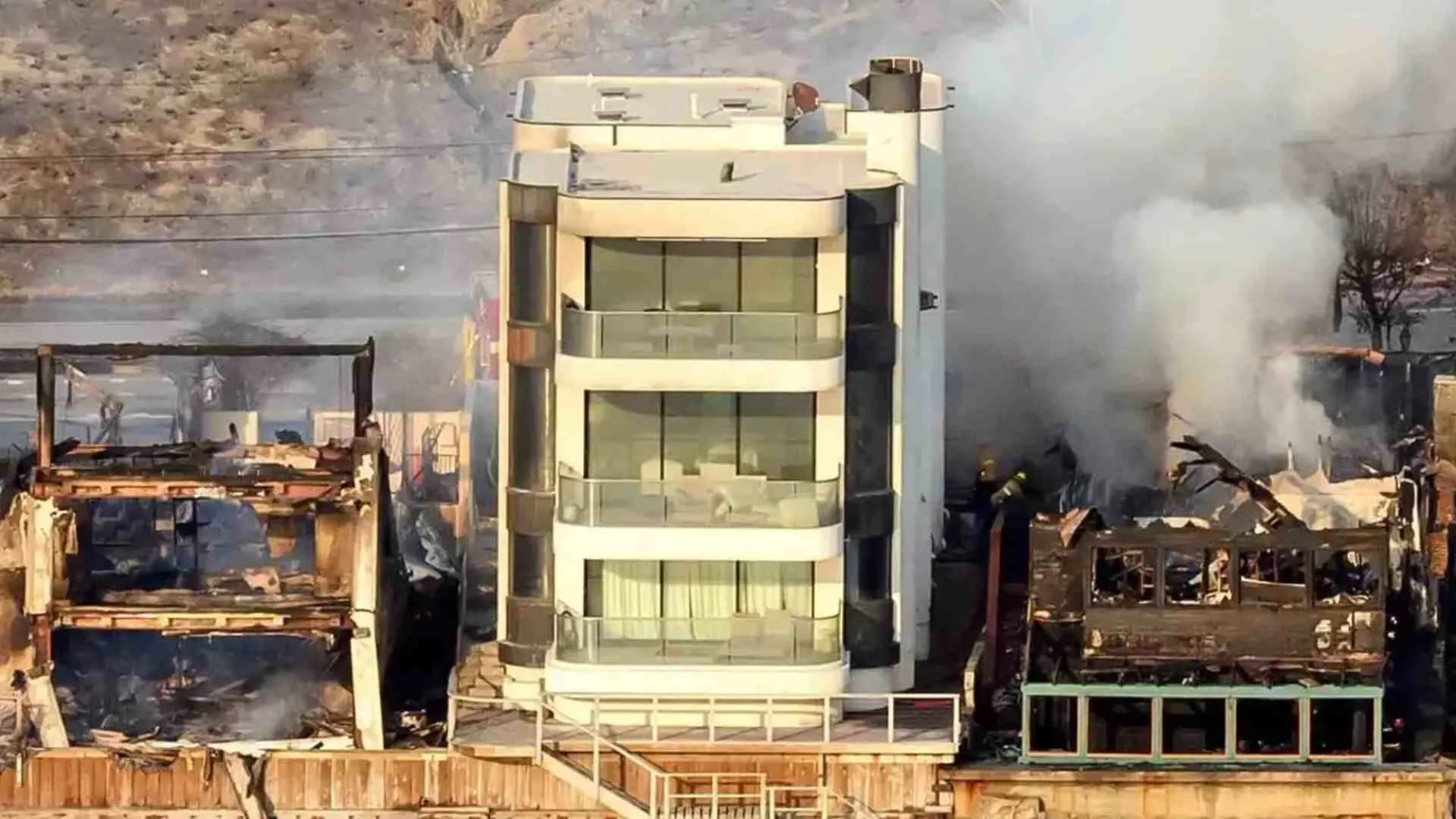External Affairs Minister S. Jaishankar’s read-out at the BRICS summit hosted by India made a significant statement about territorial integrity of member states being one of the key principles of the grouping. As the minister pointed out, “It is one based on international law and the UN Charter, that recognizes the sovereign equality of all States, and respects their territorial integrity while displaying mutual respect for interests and concerns of all.” China could not have missed the reference to territorial integrity, because it was aimed at Beijing, although couched in diplomatese. A reference was made to the pandemic coursing through the world, because of which the meeting was forced to go virtual, while Chinese Foreign Minister Wang Yi expressed commiserations with India for the brutal second wave that has ravaged the country. While briefly talking about the pandemic, S. Jaishankar added that “It also continues to provide the larger context in which we assess the world and our policies. This is a time to reflect on its many implications.” Although this was a passing reference, Russian Foreign Minister Sergey Lavrov told a press conference in Moscow later that the closed-door meeting had discussed how Covid-19 had impacted international politics. However, it was not clear from any of the statements if any of the countries—India, Russia, Brazil and South Africa—raised the topic of China’s culpability in the spread of the virus across the globe, or at least asked China about the “best practices” that it had adopted to “limit” the spread of the virus. As this writer has been saying for a long time, the problem is that China is not averse to using the pathogen as a political tool, if it serves the purpose of building the narrative—both for domestic and international audiences—of China’s system being the best compared to the inefficient and incompetent system that democracies are when it comes to protecting their people from the dreadful virus. Of course it’s just a matter of “coincidence” that the virus can also be seen as the “great leveller” between US/other developed economies and the Chinese economy.
The bottom line is, what should the world do when faced with such a malign threat as China, especially when it’s only after a year and half that questions are being allowed to be raised about the dubious origin of the virus? That it took such a long time for the idea that the virus may have originated at the Wuhan Institute of Virology to go mainstream is proof of the kind of influence China wields on both global governments and the media. It’s also proof of the partisan nature of the debate, especially in the US, where the Chinese angle was not pursued because then President Donald Trump was in the forefront, propagating it. It’s only now, a week or so ago, that Joe Biden has said that the US will publish the result of an inquiry into the origin of the virus within 90 days—which is welcome. This is a huge turnaround from the US stand of letting the World Health Organization conduct the probe into the origin of the virus. Any such probe by WHO, as the earlier one had proved, would have been an eyewash at best, given China’s influence over WHO and its unwillingness to give access to its data to international scientists. So it’s hoped that US intelligence would do a better job of the probe than what the WHO did.
It is in this context that India too needs to step up and start putting pressure on China about making its records public; and BRICS can be at least a platform for that—surely India will find support from Brazil and South Africa in this, if not Russia, which is too close to China for India’s comfort. The BRICS is anyway going the SAARC way, with hardly any value except for being a chatroom. India can always deal with a country such as Brazil at the bilateral level. It doesn’t need the BRICS for it—a platform led by China. The same is true for the Shanghai Cooperation Organisation by the way. Only India knows, or doesn’t, what it is doing in an organisation so dominated by China and even Pakistan. Well, that’s perhaps the price we pay for pursuing a policy of “multilateralism”. And now the least that India can do is to raise some uncomfortable questions about the virus on these platforms. Or is it too much of an ask?























